Eating for optimal recovery
How INEOS Grenadiers use Science in Sport to fuel their recovery
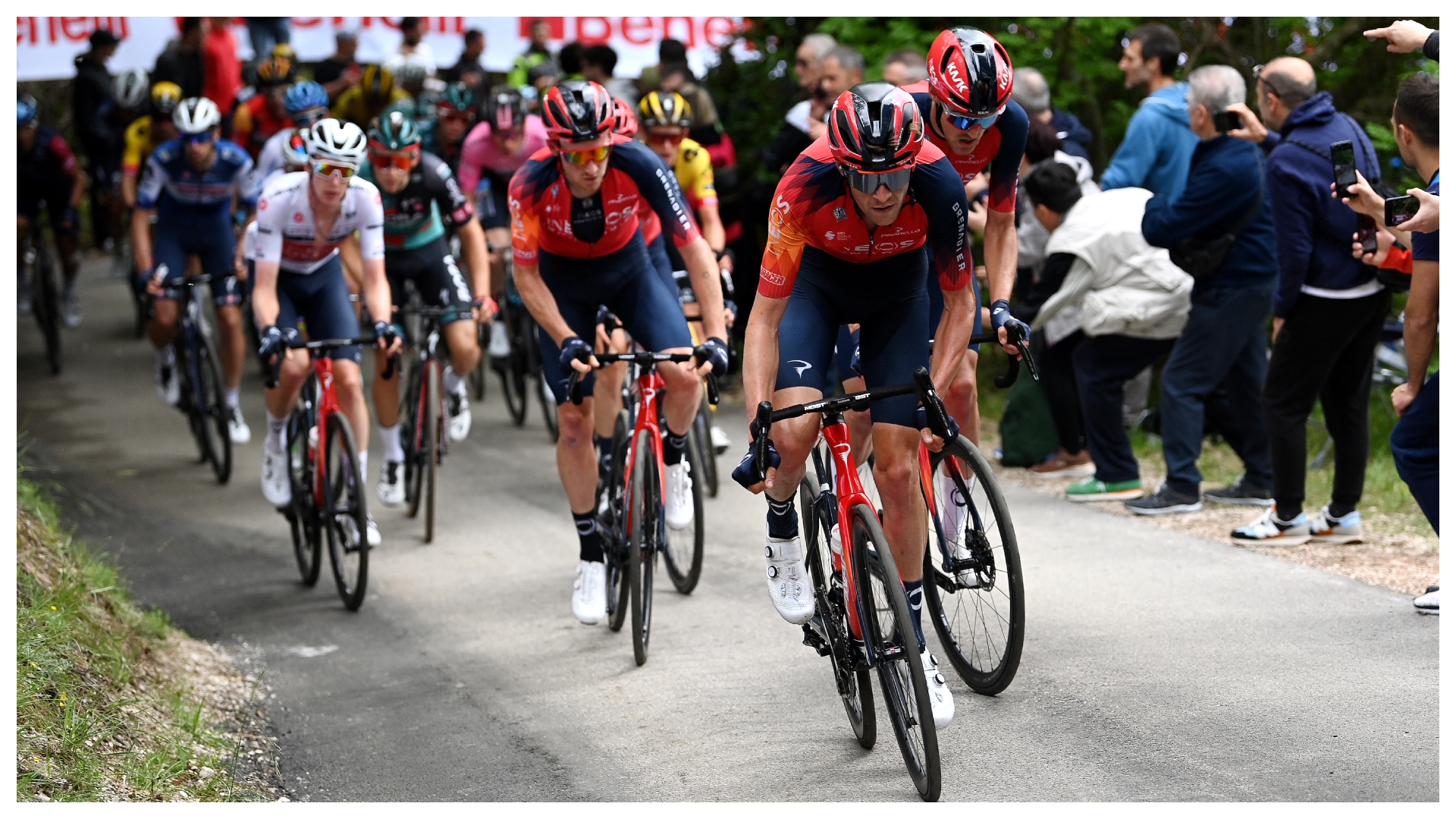
No matter what standard of rider you are, fuelling means thinking ahead. Recovering from one day and preparing for the next. When supporting a team of eight riders through a three week Grand Tour that means constant calculations and strategic planning. “Recovery is the most important opportunity in the day,” explains INEOS Grenadiers performance nutritionist Dr Marc Fell. “We have set guidelines for what carbs we want to get into riders for every hour.”
Recovery starts as soon as the riders cross the finish line. “We have recovery drinks ready for them as soon as they finish. Science in Sport REGO contains both carbohydrates and protein, and we may add some electrolytes if the day has been hot or the rider sweats a lot.” Each drink is carefully measured out and individual to the rider. “How much carbohydrate depends a lot on what the following stage is. It is very specific for each rider.”
Once the recovery drink is finished riders make their way to the sanctity of the team bus, where the team chef will have prepared a small meal. “We’ll have very simple rice or pasta with a protein source like tuna or chicken. As well as drinks to hydrate we’ll offer a smoothie or additional fruits and yoghurts. If it is a long transfer to the hotel we might have wraps, paninis or even some cake.”
During the race itself riders need to be on top of their own intake. “Some riders understand what is in different foods and products and can make their own choices necessary to hit the numbers. Others need more support,” says Dr Fell.
Rice, more rice and pasta
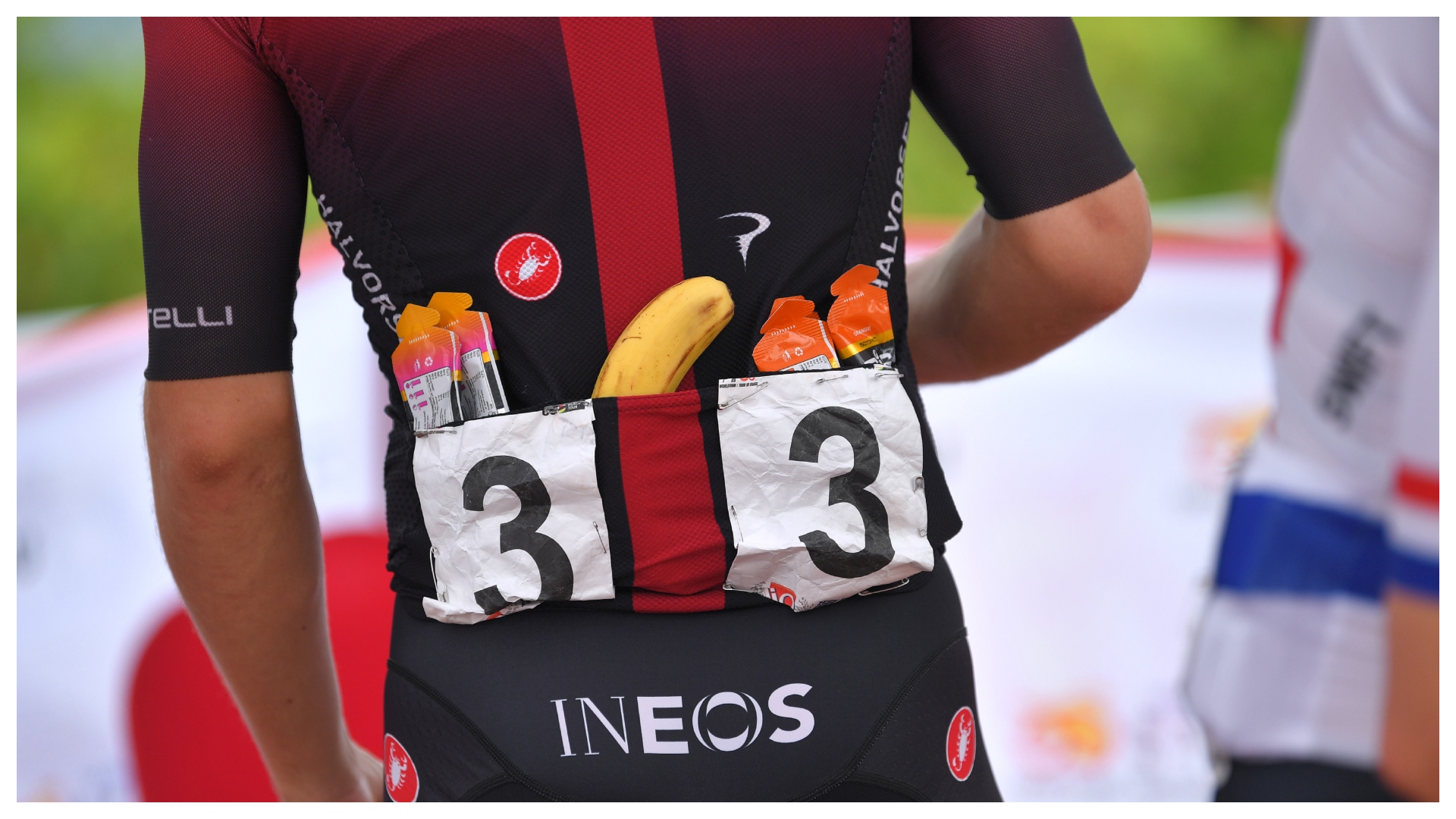
One of the biggest challenges for nutritionists and chefs is to keep appetites stimulated when such huge quantities of carbohydrates need to be consumed, “We are very lucky, our chefs come up with fantastic ideas for meals,” explains Dr Fell. “Some guys understand they are eating to fuel and to recover, and that is just what they have got to do. Some guys will eat rice, pasta, chicken every single day and understand the purpose of that – but we will try to keep it more exciting.”
However, there is no denying there is a lot of rice! “At the core of every meal is always rice or pasta with meat or fish, but we’ll have desserts, such as different flavours of rice pudding. Different flavours, textures, anything to mix it up. Even small things can make a difference, a different pasta sauce or even a different shape of pasta!
"We’ll always have soup available, hot or cold depending on the weather. Our chefs will cook using different cuisines – some nights we might have home-made sushi. We are incredibly fortunate to have chefs who are good at cooking different types of food and understanding rider’s needs and motivations,” adds Dr Fell.
Getting a rider's nutrition strategy wrong on one stage could have disastrous consequences two or three days on. “We look closely at the race profile and the tactics so we can plan exact nutrition in strategic key places. On mountain days we are more specific about when riders need to take a gel or what kilometre they need to take a Beta Fuel Nootropics gel.”
Strategic fuelling, and especially the use of supplements, is dependent on basic nutrition being observed earlier on in the race, “only if you have that early nutrition nailed on will you benefit from your Beta Fuel Nootropics at the strategic times.”
Fuelling strategies are regularly updated as new research informs the team’s understanding of exactly what works and when. “The research into Beta Fuel has shown it is possible to have a high amount of carbohydrate, that is still easily absorbed, in one product.” This makes it so much easier for riders, especially at race speeds. “With Beta Fuel it’s convenient to get the right amount of carbohydrate in just three gels or a gel and two chews. With high intensity racing starting early in the stages, fuelling has to be in place right from the start of the day.”
The latest race content, interviews, features, reviews and expert buying guides, direct to your inbox!
-
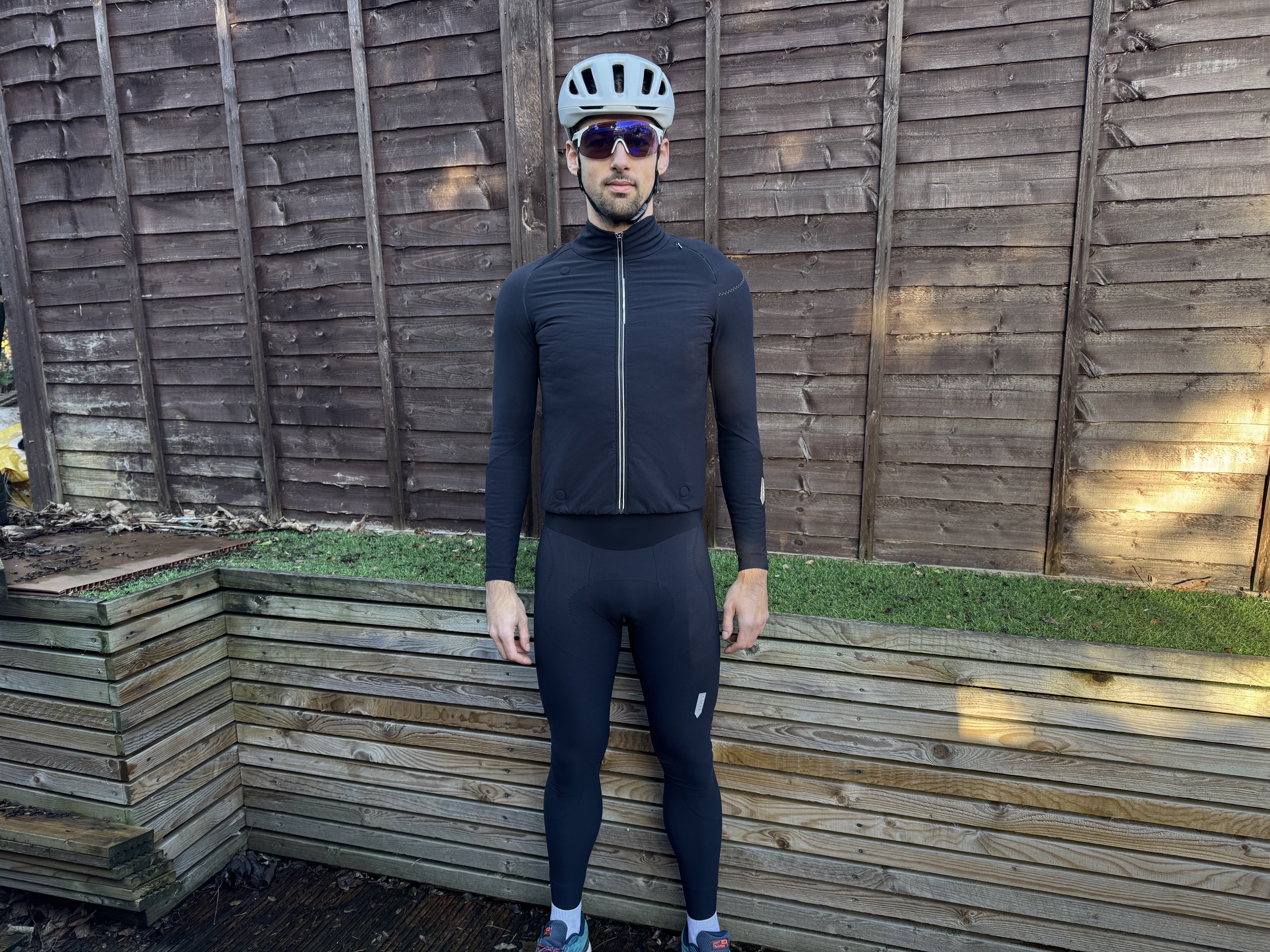 Q36.5 Dottore Thermobolik Winter Skinsuit Review: just how good is a winter suit that costs as much as some bikes?
Q36.5 Dottore Thermobolik Winter Skinsuit Review: just how good is a winter suit that costs as much as some bikes?The price is insane, but being a combination of a winter jacket, bib tights, and wind breaker does soften that price, but only slightly.
-
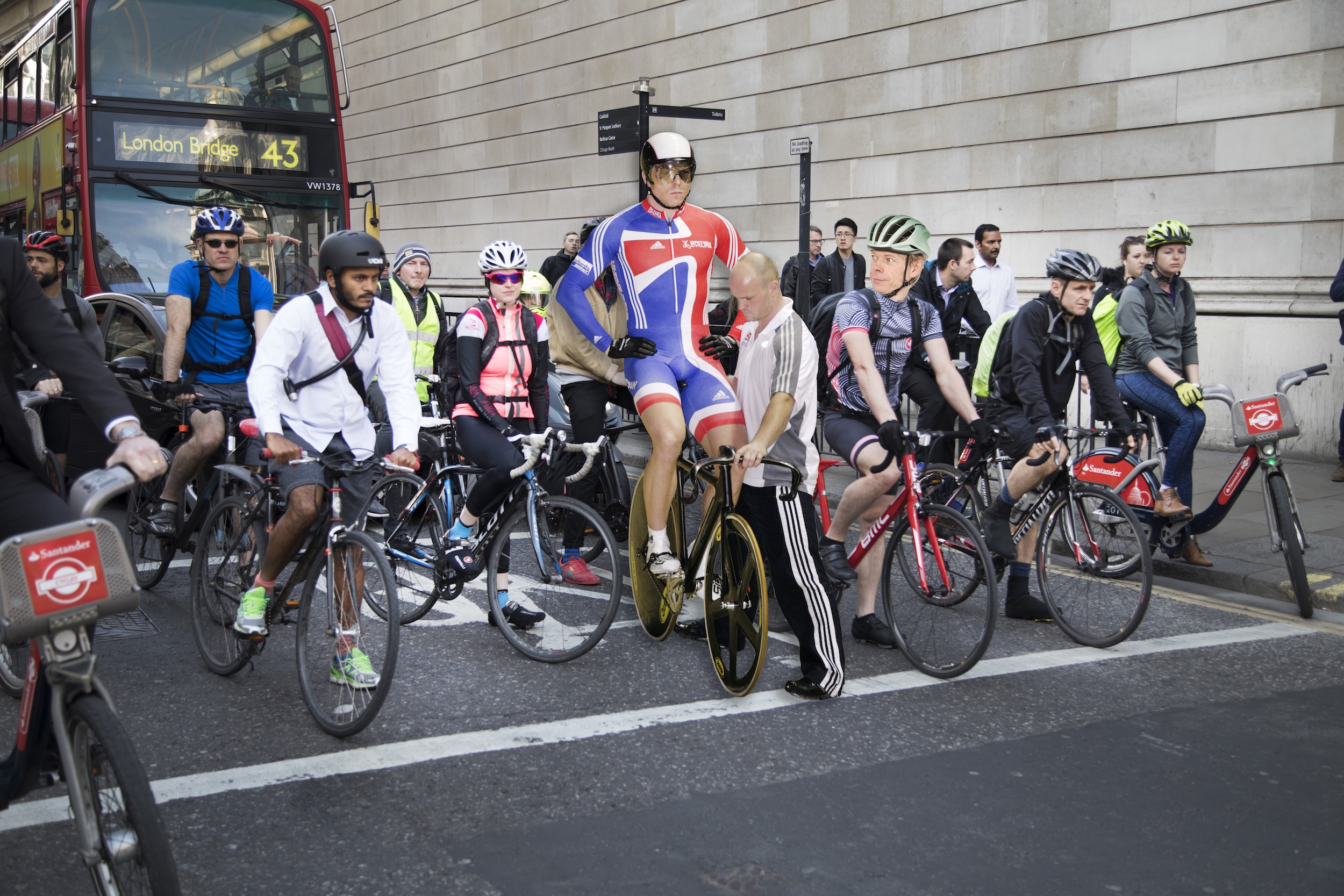 Just like the Tour of Flanders, knowing the parcours of your commute is essential for success
Just like the Tour of Flanders, knowing the parcours of your commute is essential for successDr Hutch is thinking of hiring a super-domestique just to 'win' his ride to work
-
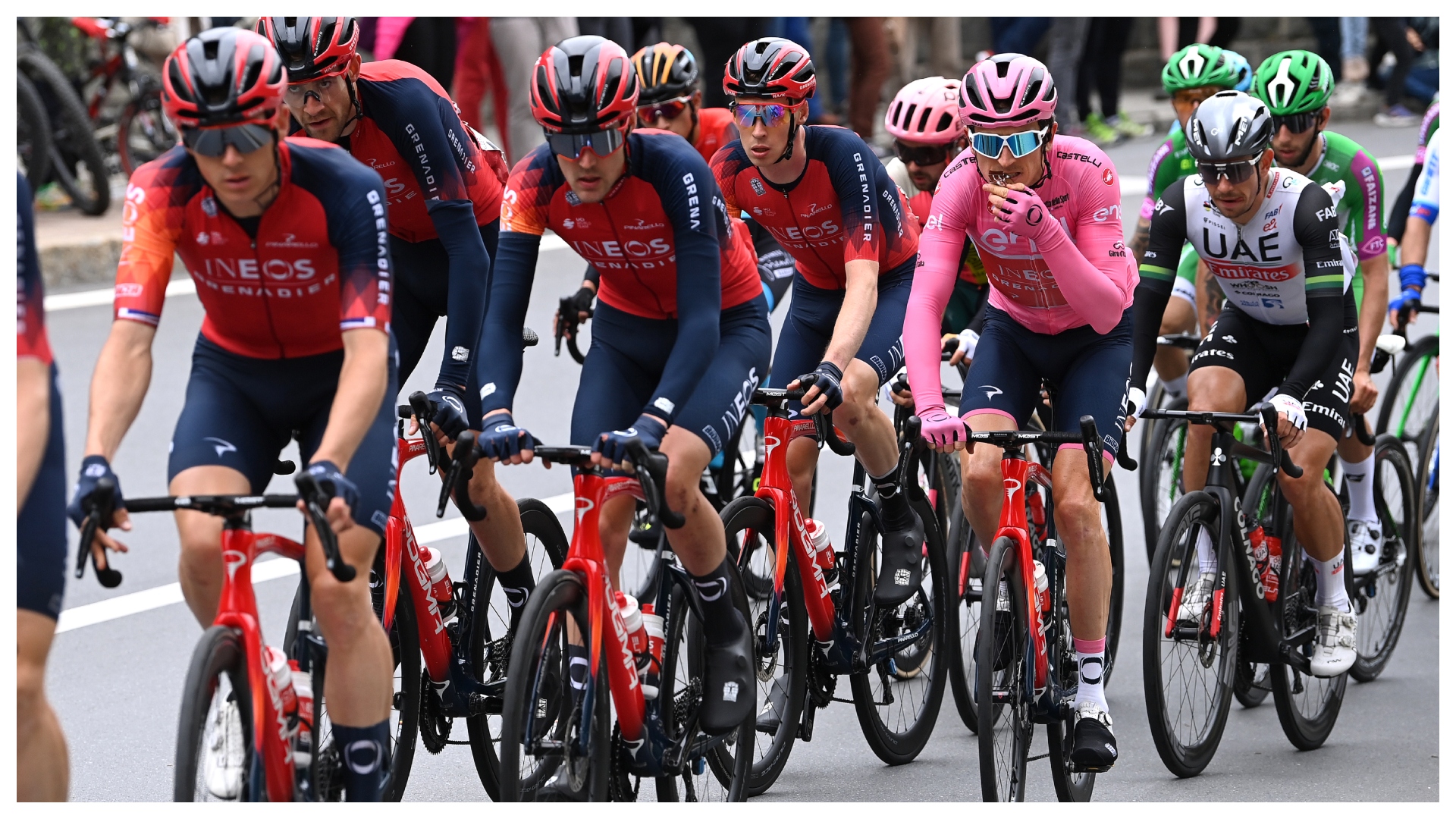 Five nutrition questions answered by an Ineos Grenadiers expert
Five nutrition questions answered by an Ineos Grenadiers expertWe put some hot fuelling topics to Dr Marc Fell, performance nutritionist for Ineos Grenadiers
-
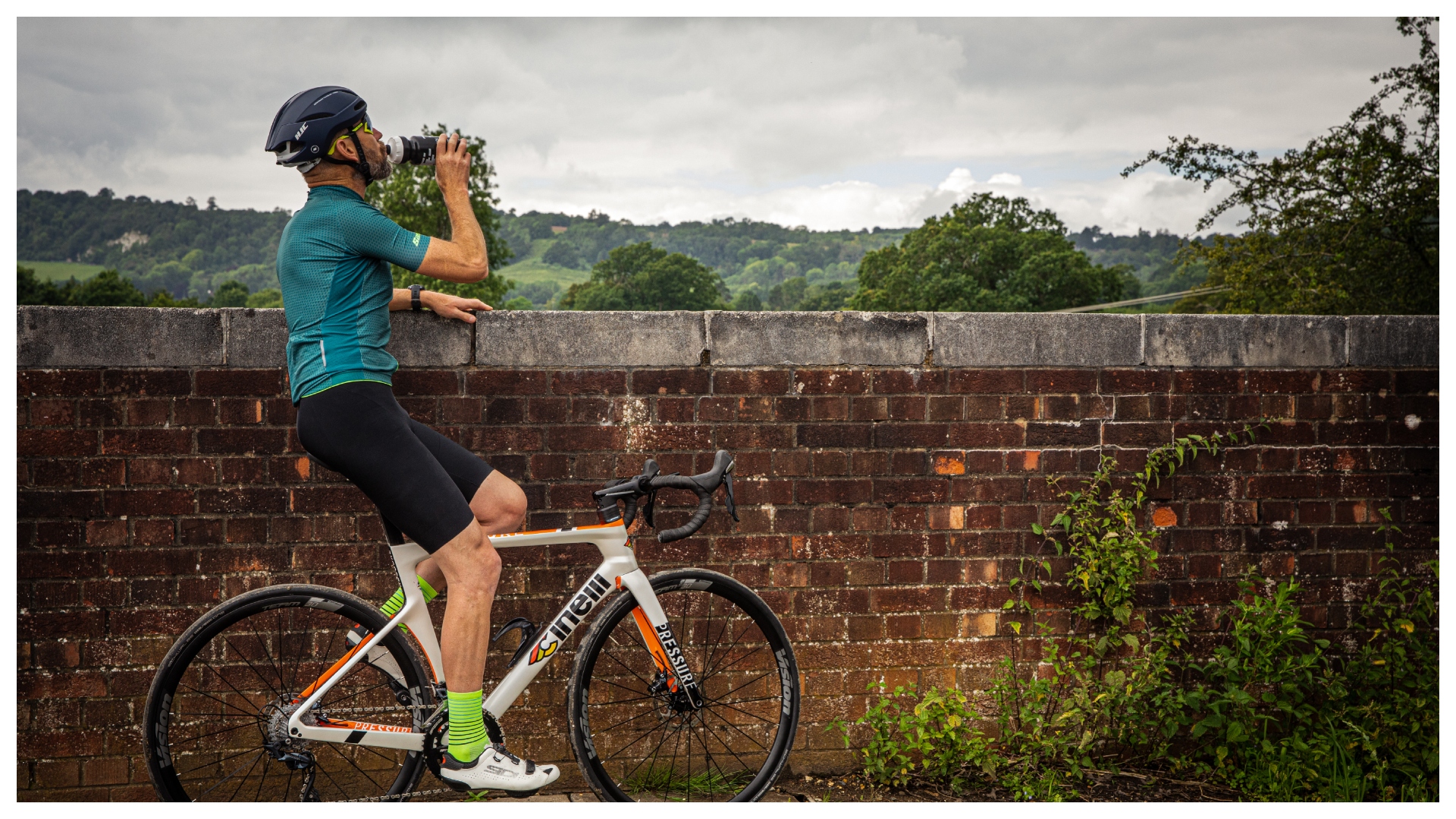 What to drink when cycling - the liquids you need on the bike
What to drink when cycling - the liquids you need on the bikeNot all liquid is created equal - we explain the different types of fluid that'll help you ride further
-
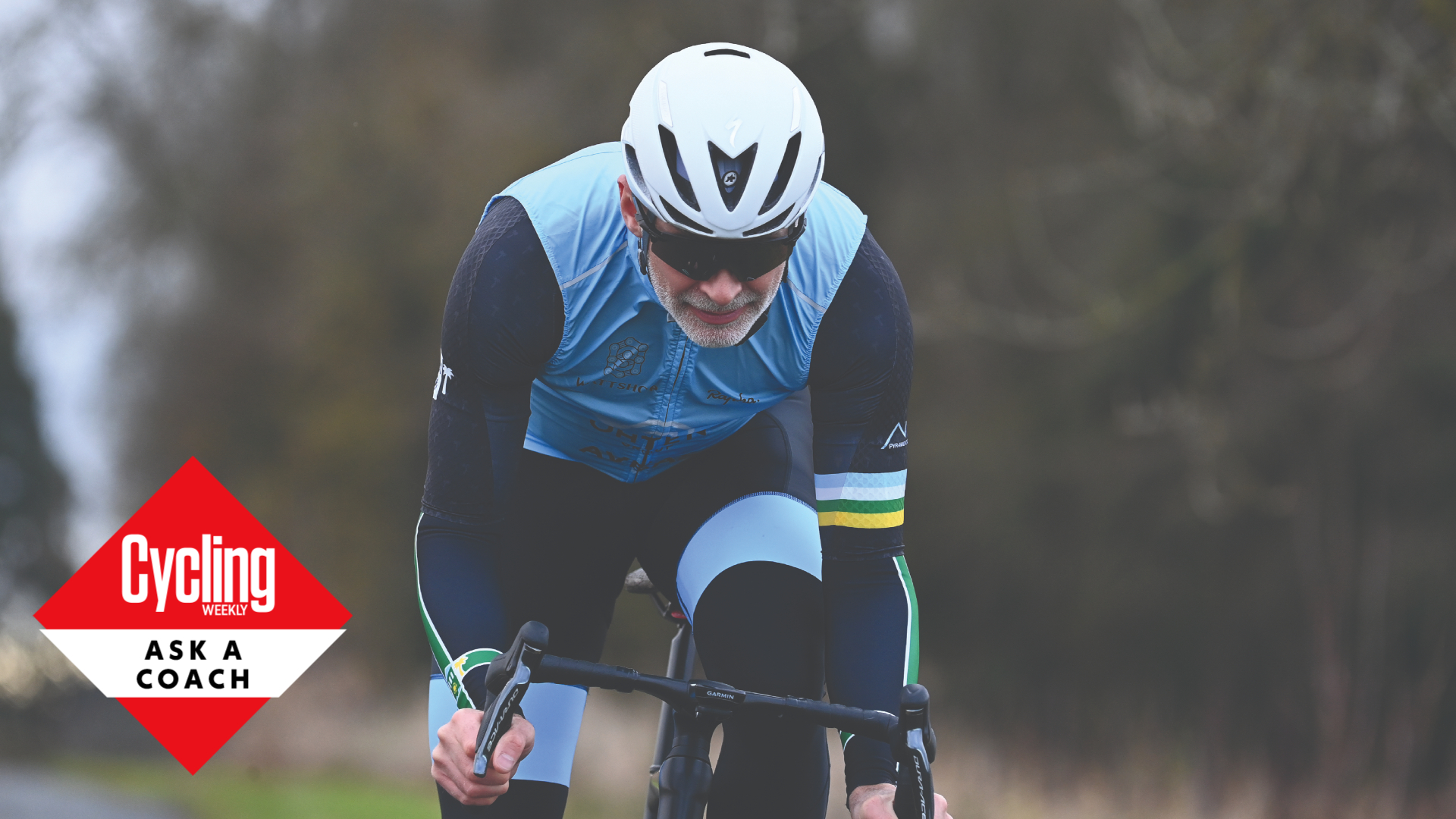 Ask a coach: 'I’m over 40, what is a good VO2 max for my age?'
Ask a coach: 'I’m over 40, what is a good VO2 max for my age?'VO2 max measures how much oxygen your body can utilise in a minute - but how does yours compare to the average, and does it matter?
-
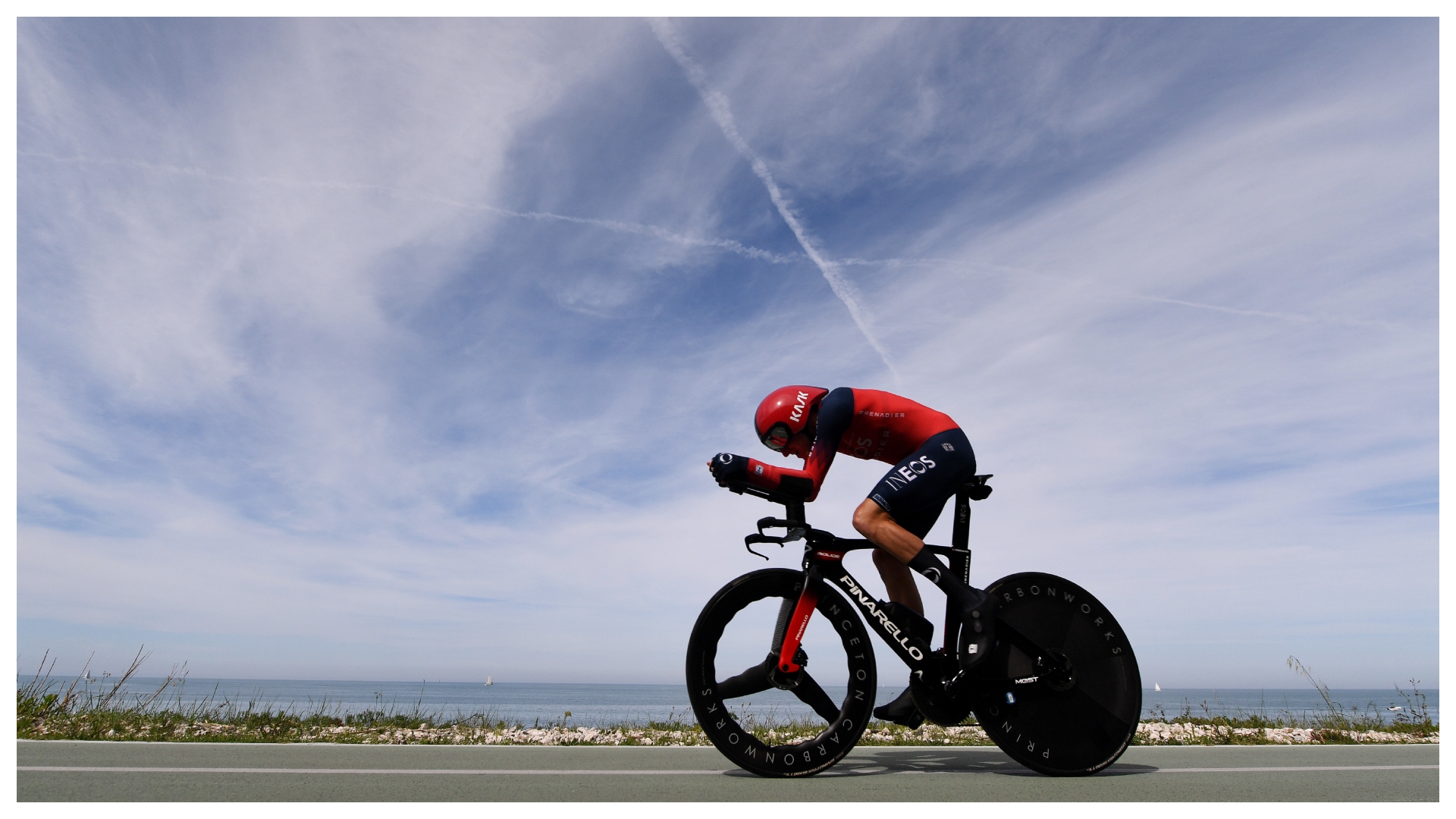 Performance fuelling for time-trials.
Performance fuelling for time-trials.How INEOS Grenadiers use Science in Sport to fuel a Grand Tour stage when every second counts
-
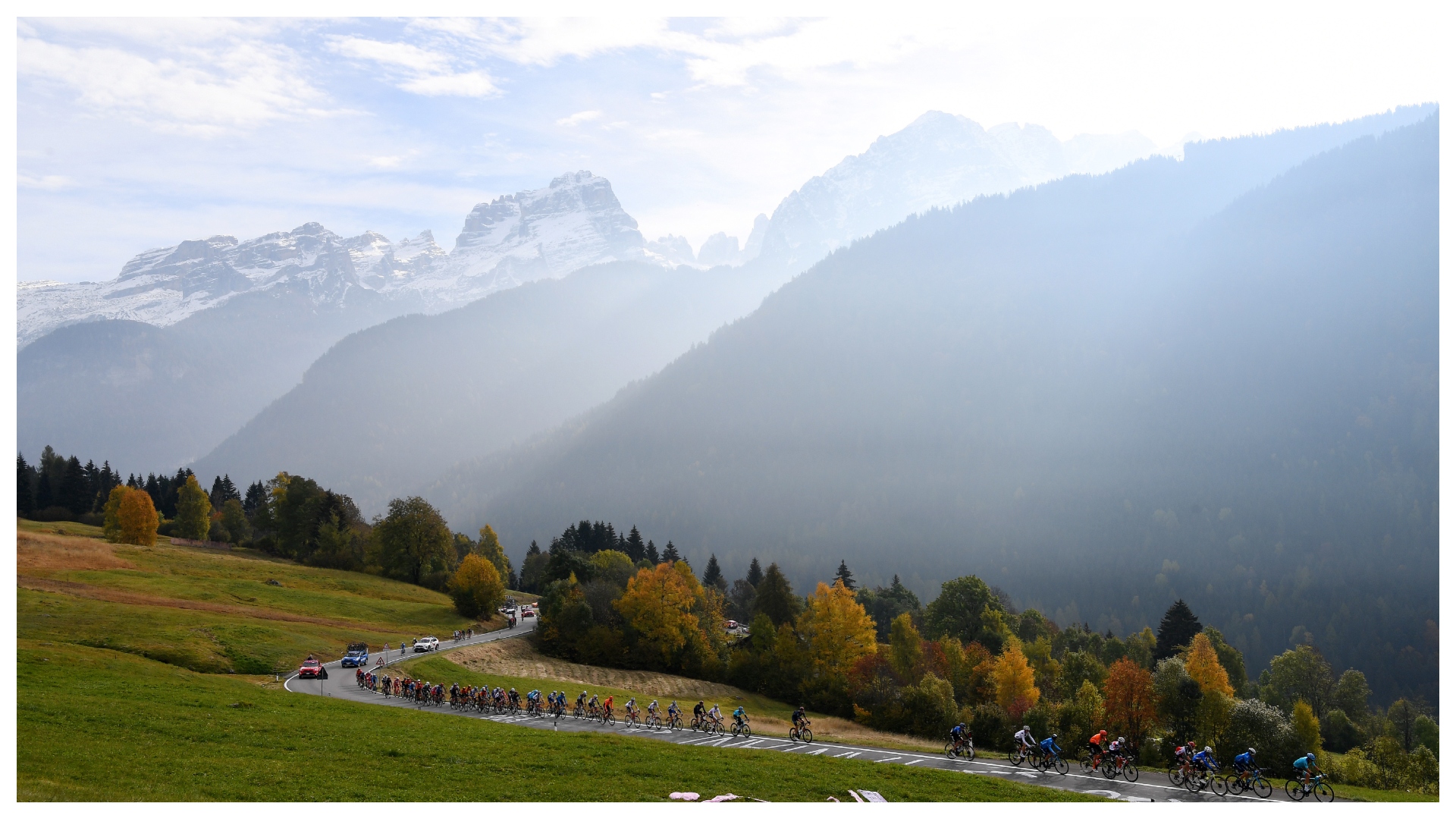 Fuelling for the mountains
Fuelling for the mountainsHow INEOS Grenadiers use Science in Sport to fuel a Grand Tour
-
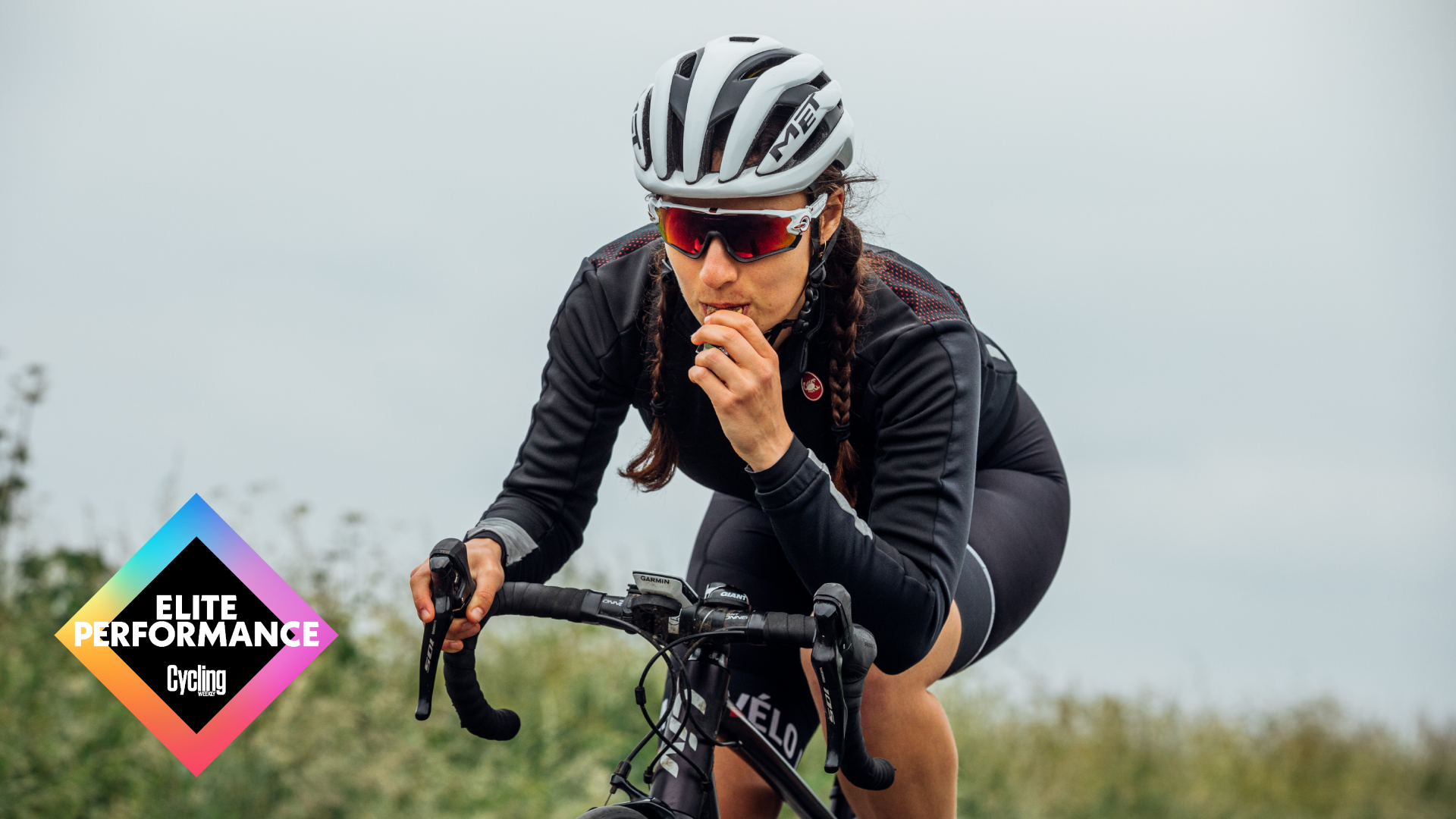 Should cyclists care more about chemicals in sports nutrition?
Should cyclists care more about chemicals in sports nutrition?With so much information now available about sports nutrition, how can athletes make sense of what’s best for them? We chat with two brands and a registered dietitian to get to the bottom of what formulas make sense and why
-
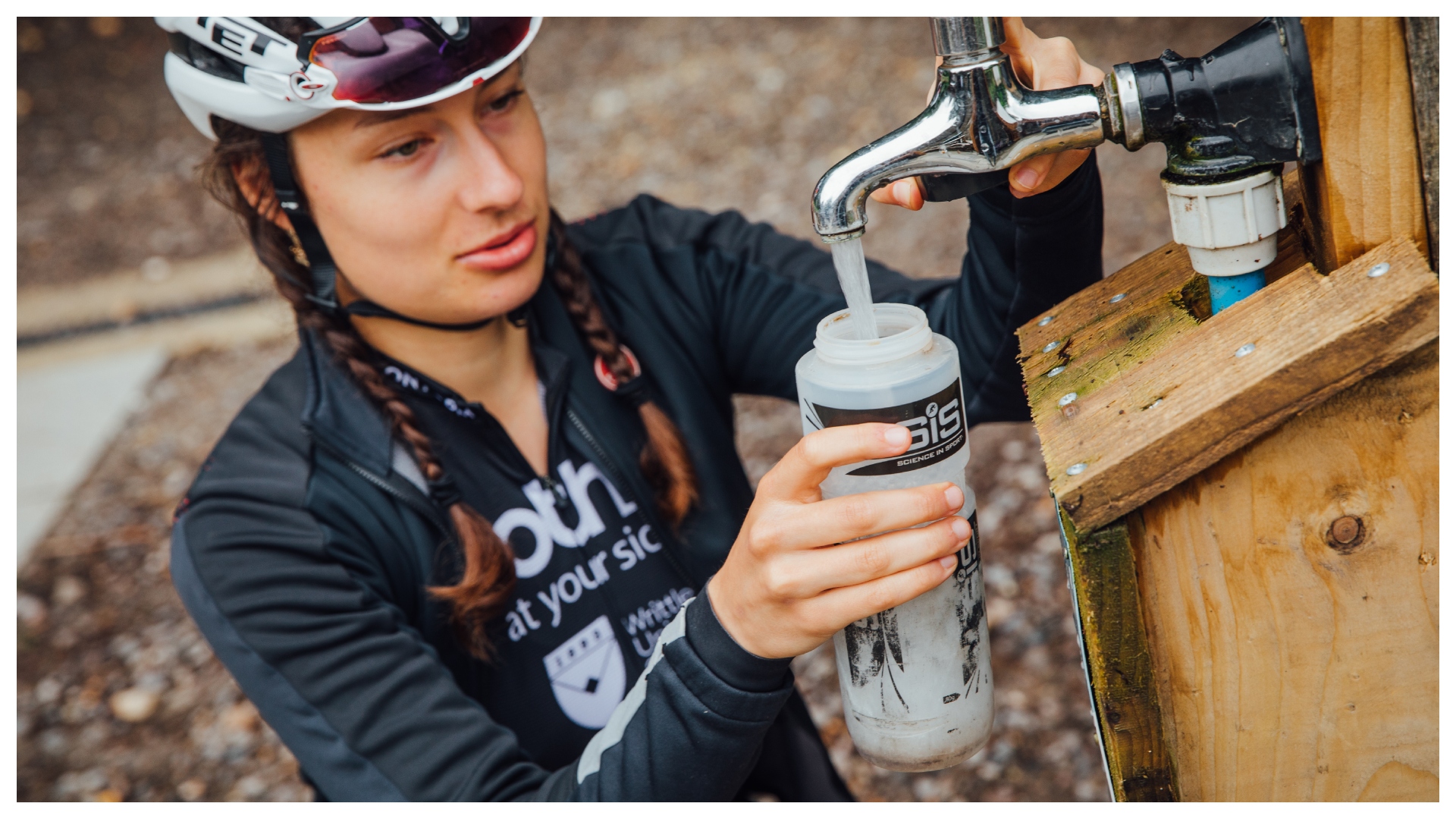 Are these six common sports nutrition rules fact or fiction?
Are these six common sports nutrition rules fact or fiction? -
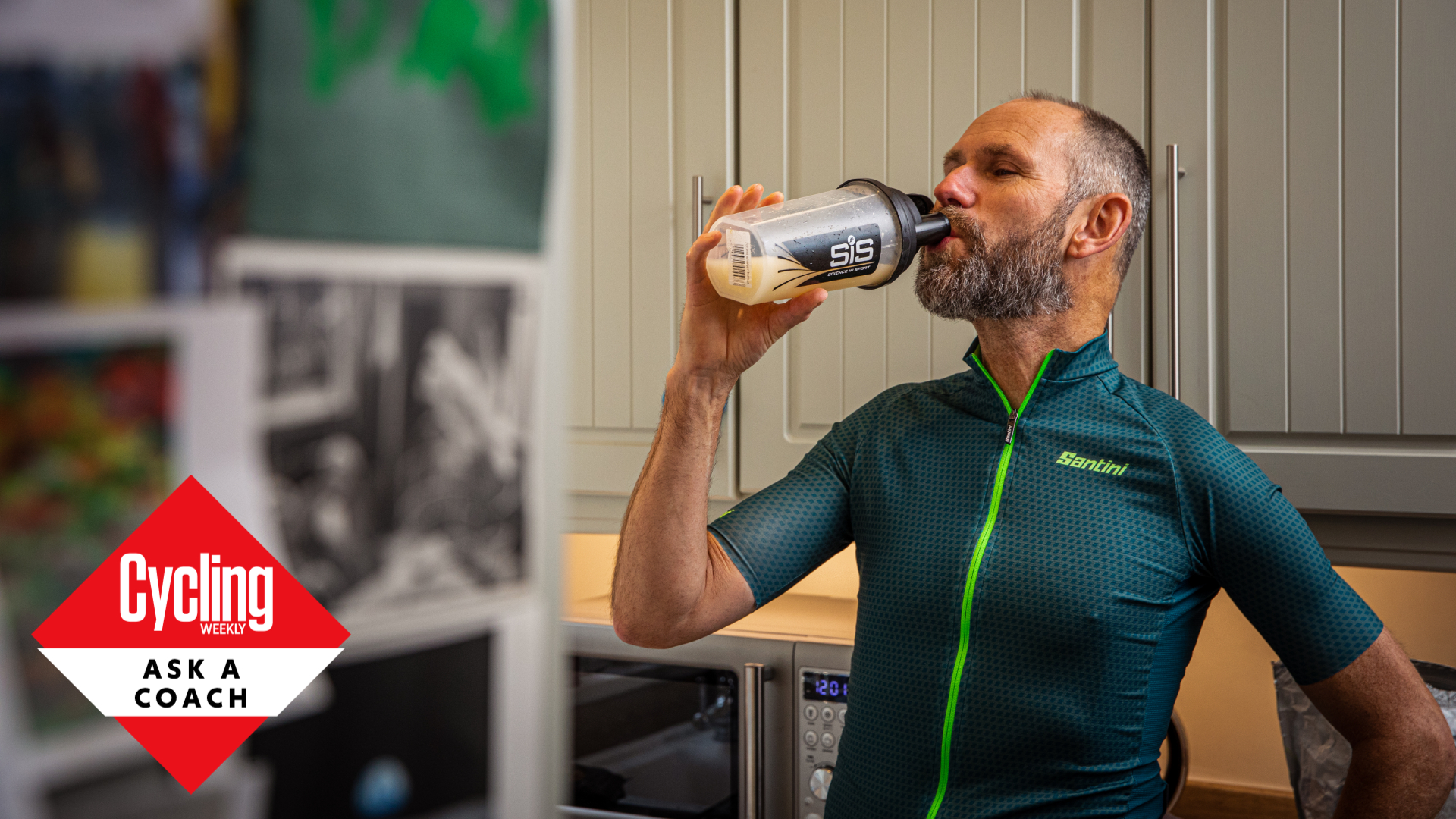 Ask a coach: 'Do I need carbs as well as protein in my recovery shake?'
Ask a coach: 'Do I need carbs as well as protein in my recovery shake?'What is the optimal post-ride macro-nutrient blend?